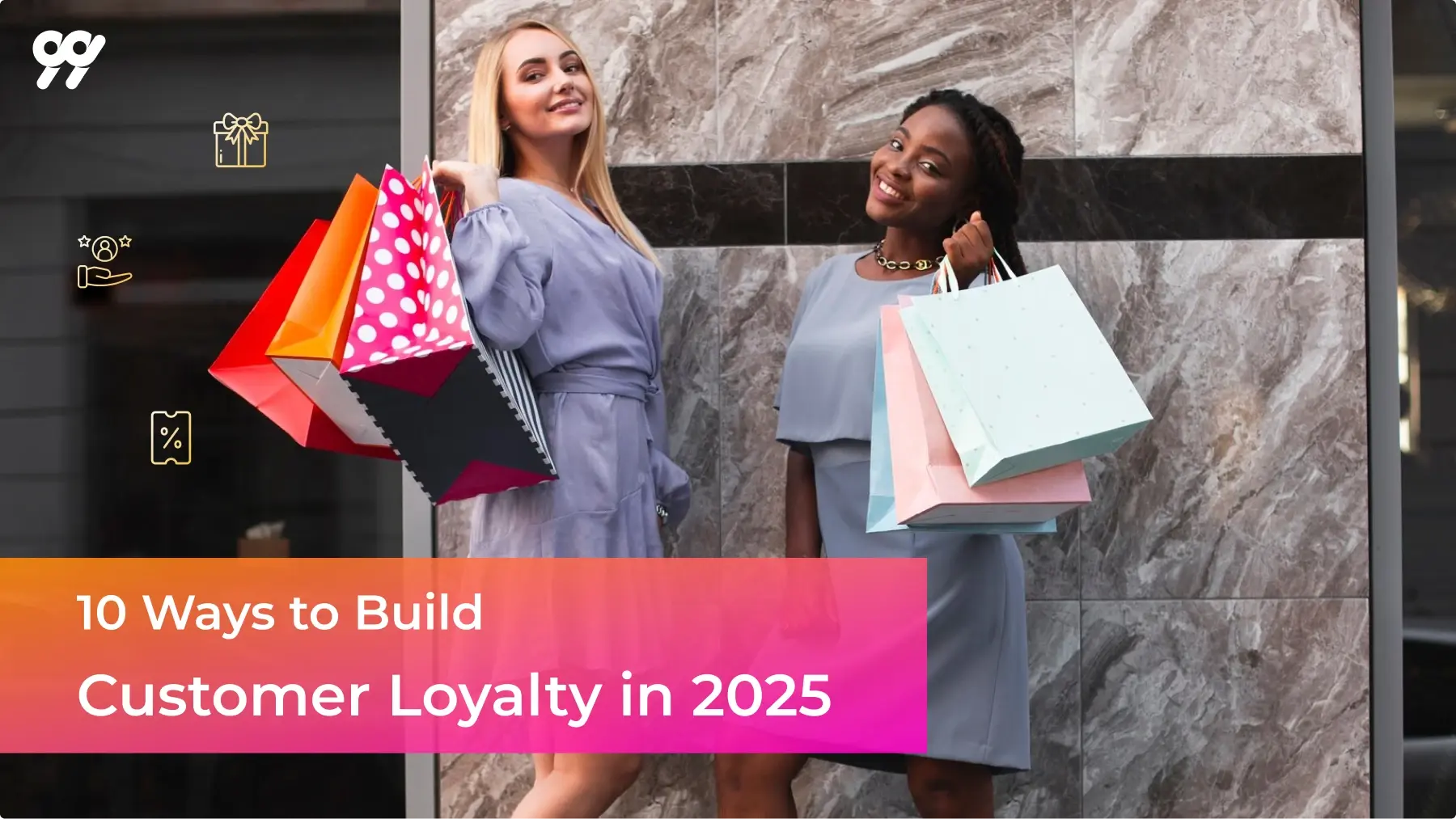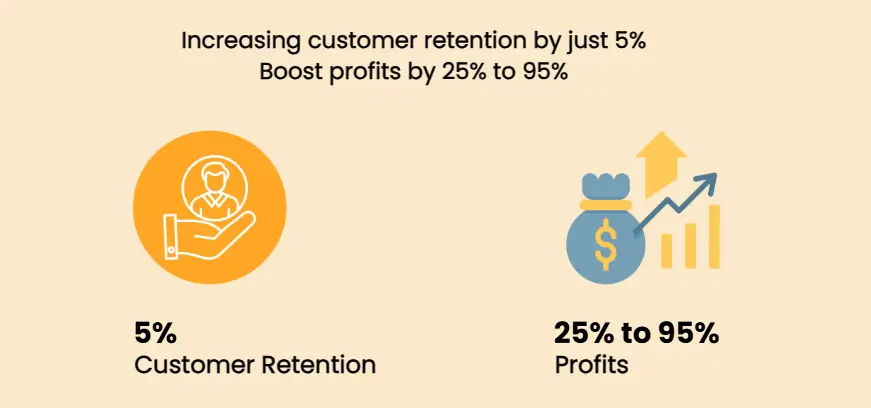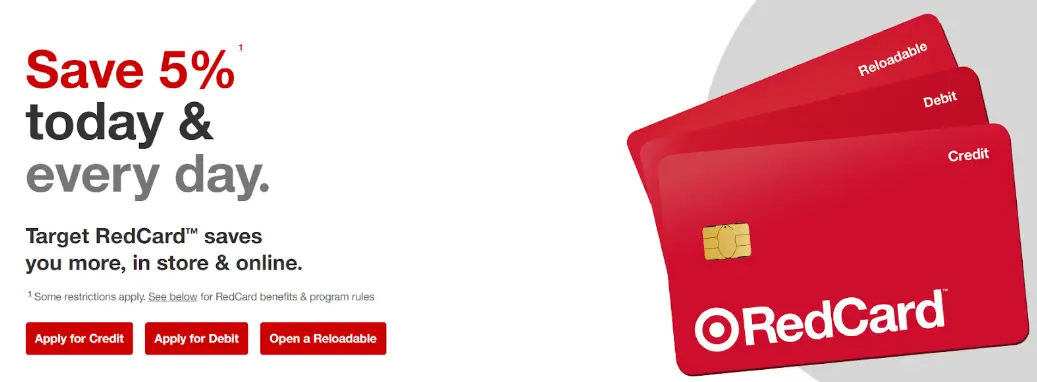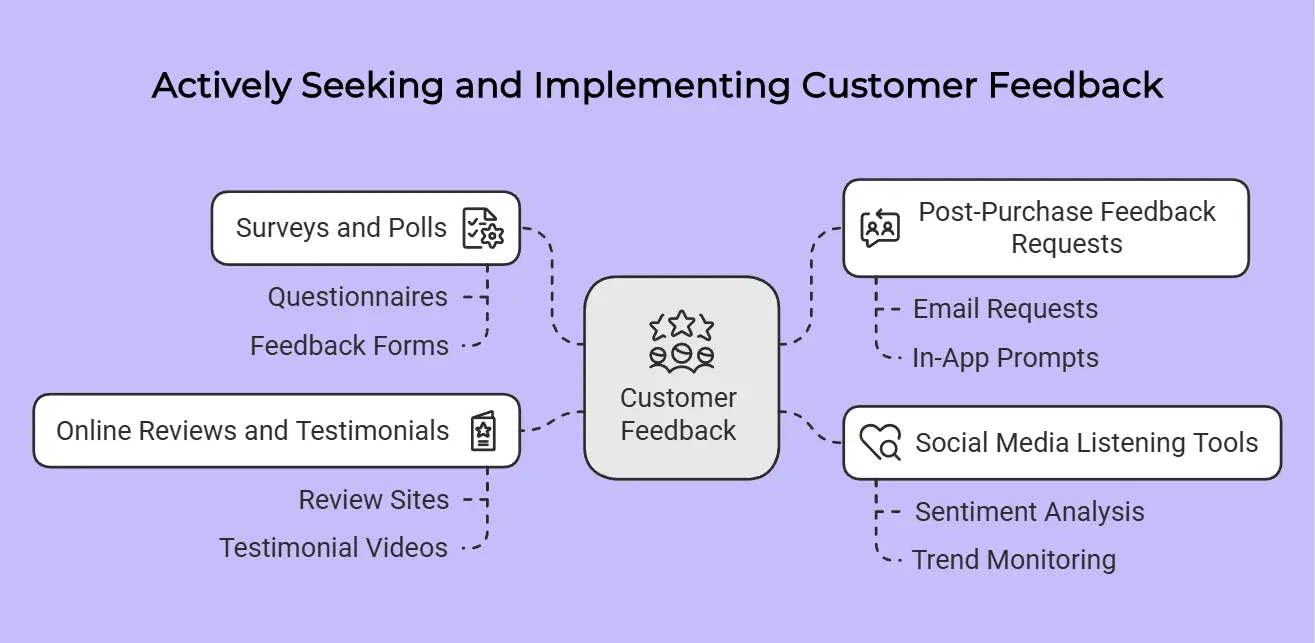Table of Contents:

Customer loyalty is a key driver of long-term business success, especially in 2025 when competition is stronger than ever. With consumers having endless choices, businesses must go beyond acquiring new customers and focus on retaining them. According to Accenture, 57% of consumers spend more on brands to which they are loyal, proving how loyalty directly impacts revenue.
Loyal customers not only drive repeat sales but also promote brands through word-of-mouth and referrals, reducing the need for costly marketing efforts. Businesses that invest in trust, personalized experiences, and rewards programs see higher engagement and lifetime value.
To build customer loyalty, companies can implement strategies such as loyalty programs, enhanced customer service, and seamless shopping experiences. Strengthening relationships with customers leads to increased retention, advocacy, and long-term profitability.
Building customer loyalty is crucial because it directly impacts long-term business success, profitability, and brand reputation. Here’s why it is important to foster customer loyalty:
Building customer loyalty directly correlates with retention. Customer retention refers to a business’s ability to keep customers engaged and return to make repeat purchases. Loyal customers have already built a relationship with your brand, making them less likely to switch to competitors.
According to a Harvard Business Review report, showing that increasing customer retention rates by just 5 percent can boost profits by 25-95 percent. This is because retained customers consistently purchase from your brand, reducing revenue fluctuations and ensuring long-term business stability.

Customer lifetime value (CLV) measures how much a customer is expected to spend with a business throughout their relationship. Loyal customers tend to make more extensive and frequent purchases over time. According to Business.com, research shows that repeat customers spend 67% more than new customers, making them a key driver of profitability.
Acquiring new customers requires extensive marketing and sales efforts to attract first-time buyers. According to Forbes, studies suggest that retaining an existing customer is 5-7 times more cost-effective than acquiring a new one. Focusing on building customer loyalty helps businesses optimize resources while maintaining steady revenue.
Loyal customers not only make repeat purchases from your brand but also promote your brand. Happy customers are more likely to refer friends and family, acting as organic brand ambassadors. According to Wharton, studies show that referred customers have a 16% higher lifetime value than non-referred ones.
Loyal customers provide valuable data on purchasing behaviors, preferences, and engagement patterns. Businesses can use this data to personalize offers, optimize marketing strategies, and enhance the customer experience.

Building customer loyalty is essential for long-term business success. A loyal customer base not only ensures repeat business but also helps generate referrals and positive word-of-mouth marketing. Here are ten effective ways to strengthen and build customer loyalty for your business.
Trust is the foundation of every strong business relationship. Customers are more likely to return to a business they trust. If your business is relatively new or unknown, potential customers may be skeptical before making a purchase.
One of the most effective ways to establish trust is through social proof. When potential customers see that others—whether friends, family, or industry influencers—endorse your business, they feel more confident in their purchasing decisions.
Here are some forms of social proof you can leverage:
Displaying these on your website, social media, and marketing materials helps build credibility and reassures potential customers about the value of your products or services.
Loyalty programs encourage repeat customers by offering incentives for continued engagement. According to a Hubspot Report, 71% of loyalty program members feel that being a member of one is the most meaningful part of their relationship with brands. There are different types of loyalty programs that you can choose, such as:
In fact, you can let your imagination run wild when trying to offer extra sops for your customers. Retail giant Target’s free loyalty card called Rard helps them save 5% on each purchase, free shipping for online orders, and a 30-day return policy.

Your business should have a strong presence on social media platforms where your customers spend their time. More than just promoting products or services, businesses that engage, entertain, and educate their audience build strong brand loyalty. Businesses can use different ways to enhance engagement on social media, including:
Companies like Wendy’s and Netflix have built loyal followings through witty, interactive social media strategies that keep customers entertained and engaged.
For both new and existing customers, providing exceptional customer service is more than just resolving issues; it is an essential strategy for building customer loyalty. Businesses with a service-first business model are more inclined to build trust, not just conduct transactions. This means training support agents in empathy, patience, and communication.
When businesses genuinely listen to customers, address care concerns, and offer personalized solutions, every interaction becomes an opportunity to strengthen loyalty. When customers are treated this way, they’ll return time and time to bring you repeat business. In fact, one study found that loyal customers are worth up to 10 times as much as their first purchase.
Gathering customer feedback is crucial for improving your products, services, and customer experience. Businesses that actively listen to their customers and implement their suggestions demonstrate that they value customer input, fostering loyalty and long-term engagement. By leveraging various feedback collection methods, such as
When customers see that their feedback leads to real improvements, they develop a stronger connection with your brand.

A well-designed omnichannel support strategy provides a consistent and efficient experience across different devices and channels which helps businesses build customer loyalty. Features like AI-driven chatbots, self-service portals, and intuitive website navigation can be integrated into businesses to significantly reduce wait times and enhance customer satisfaction.
Overall, this reduces the potential points of friction customers may encounter when trying to make a purchase, seek out information, or receive customer support. By eliminating needless complexities, businesses can ensure their customers stick around long enough to foster more profound devotion to the brand. A seamless experience across all touchpoints builds brand trust, increases customer loyalty and supports lifelong retention.
Meeting customers where they are is about more than presence; it’s about preference. Delivering an omnichannel experience means integrating customer service across various communication platforms, including email, chat, social media, SMS, and phone.
This approach caters to customer preferences and enhances the ease and comfort customers can reach out, making interactions more natural and efficient. According to the Zendesk Customer Experience Trends Report, this level of integration can significantly increase customer spending and build customer loyalty.
Personalization is an effective approach for businesses to build customer loyalty. By utilizing information to understand customer needs and behaviors, businesses can improve their interactions and services to accommodate each customer.
Personalized communications can include referring to the customer’s name, recognizing previous interactions, and providing suggestions based on past purchases. This level of personalization makes customers feel valued and understood, increasing the likelihood that they will continue to do business with you.
Customer loyalty is dynamic and influenced by changing preferences and market conditions. To remain relevant, companies must continually reassess and evolve their strategies. This means embracing a modern understanding of loyalty that recognizes customers may support multiple brands simultaneously.
Staying adaptive involves regularly updating your offerings and approaches to meet emerging customer needs and maintaining openness to feedback. This signals to customers that their opinions shape your business practices. Adapting and evolving to the latest trends helps build customer loyalty.
A strong brand identity creates an emotional connection with customers, making them more likely to stay loyal. Your brand should have a clear mission, consistent messaging, and a unique personality that resonates with your audience. Customers are drawn to brands that share their values, whether it’s sustainability, innovation, or social responsibility.
To strengthen your brand identity:
A well-defined brand identity builds recognition, trust, and lasting loyalty among customers.
Successfully build customer loyalty by combining trust, engagement, and value-driven incentives. While not every customer will become a loyal advocate, businesses should focus on nurturing those who consistently engage with their brand. From providing exceptional customer service to personalizing the customer journey, every interaction shapes long-term relationships.
A well-structured loyalty program plays a crucial role in retaining customers and increasing Customer Lifetime Value (CLV). Programs like point-based rewards, tiered benefits, and referral incentives encourage repeat business while doubling as effective marketing tools. Additionally, leveraging social proof, simplifying the user experience, and engaging customers across their preferred platforms further strengthen brand loyalty.
If you’re unsure about how to create an effective loyalty program, leave it to the experts. Why stress over the details when platforms like 99minds can help you design a tailored solution that boosts retention and drives long-term business growth.
